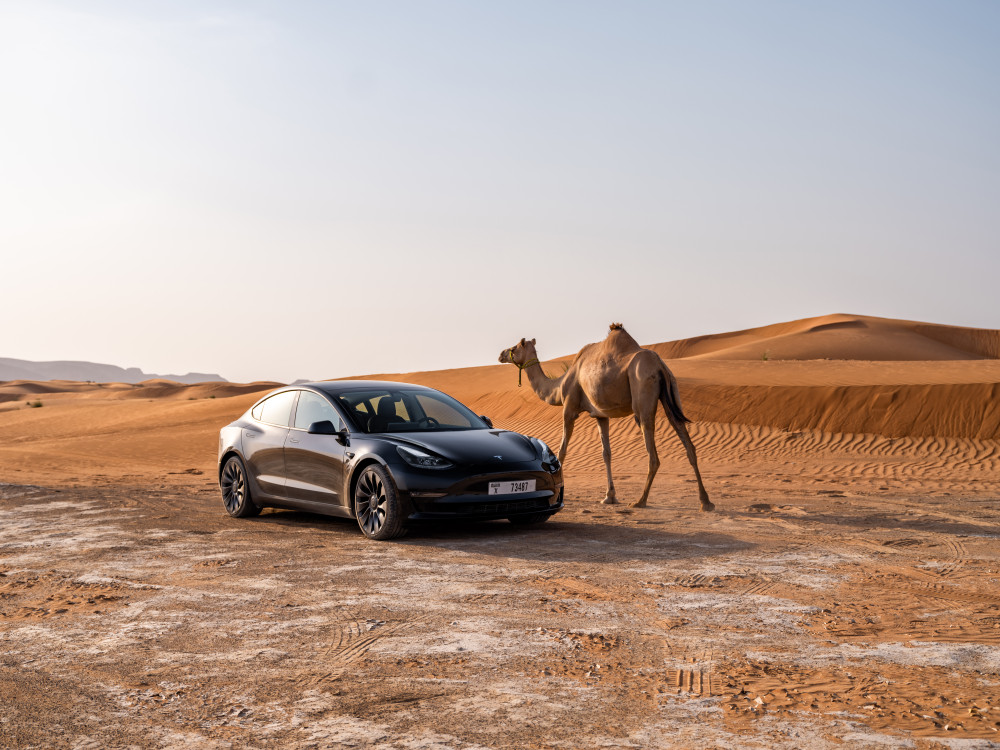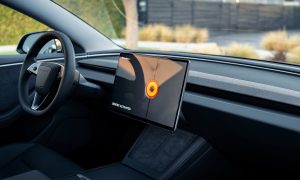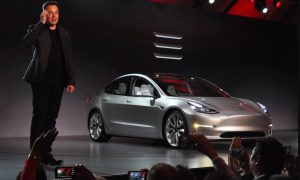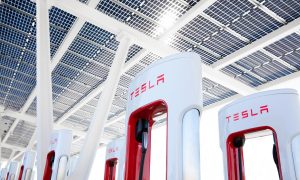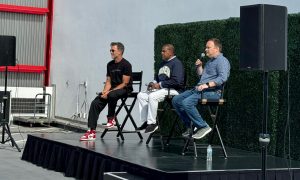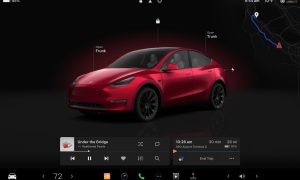Tesla has reportedly released a memo to employees stating that the base model Model 3 will likely lose access to EV incentives in the United States in the coming weeks.
Besides Tesla’s massive production ramp, the U.S. government’s tax credit for consumers to buy electric vehicles has been a significant driver regarding the demand for EVs. However, with the passage of the Inflation Reduction Act, those incentives have changed dramatically and could do so again in the coming weeks. According to a memo released to Electrek, the automaker expects to lose incentives on the base model Model 3.
The changed incentives are expected to affect vehicles with batteries made outside of the United States. Currently, to qualify for EV incentives in the U.S., an automaker must assemble the EV in North America, but with the expected changes, the vehicle’s batteries must also be sourced domestically.
This change would luckily only affect a single variant of the Model 3, but annoyingly, it is the cheapest version. The standard range Model 3 is assembled in the United States at the Fremont, California facility but receives its LFP batteries from China, which would make it ineligible for the tax credit.
Electrek did not post any images of the reported memo, nor was the IRS or DOE immediately available for comment to Teslarati regarding the potential changes. However, with the end of the quarter just around the corner, we likely won’t have to wait long to see if these changes are implemented.
Luckily, other Tesla models would be spared if the expected change is put into place. The higher-end variants of the Tesla Model 3 and Model Y both receive batteries made domestically, but the same cannot be said for competitors.
Disturbingly, this expected change could dramatically limit consumers’ options for an EV that qualifies for federal incentives. Outside of the popular higher-end Model 3 and Model Y variants that this regulatory change wouldn’t affect, countless EVs receive their batteries from abroad, meaning that, until new battery production facilities are established and running, they will be ineligible for incentives, potentially hampering the EV market growth in the U.S.
What do you think of the article? Do you have any comments, questions, or concerns? Shoot me an email at william@teslarati.com. You can also reach me on Twitter @WilliamWritin. If you have news tips, email us at tips@teslarati.com!

